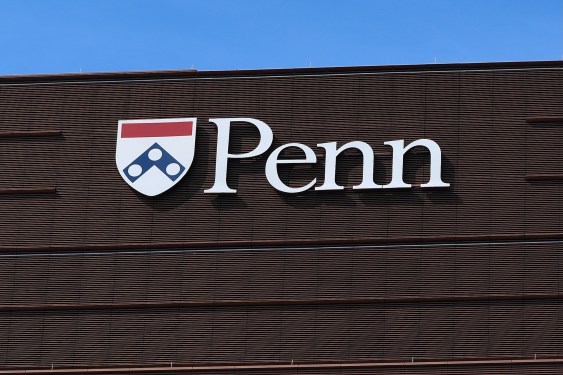On Friday morning, University of Pennsylvania alumni, students, staff, and community affiliates received several emails from hackers claiming to represent the university’s Graduate School of Education. The email read, “We have terrible security practices and are completely unmeritocratic,” and added, “We love breaking federal rules like FERPA (all your data will be leaked).”
This message was sent from a variety of different Penn-affiliated email accounts, including the GSE, and purported to come from several senior members of staff across the university. Other Penn affiliates reported receiving the email multiple times from different senders using official university email addresses.
Penn spokesperson Ron Ozio stated that the school’s incident response team is actively addressing the situation. He confirmed that a fraudulent email was circulated and emphasized that the offensive message does not reflect the mission or actions of Penn or the Graduate School of Education.
The hackers explicitly stated their motive with the message “Please stop giving us money,” indicating the breach was intended to suppress alumni donations. This incident follows the university’s recent public rejection of a White House proposal. Penn, along with six other schools, declined the White House’s “Compact for Academic Excellence in Higher Education.”
The compact asked universities to abolish affirmative action in hiring and admissions and to discipline departments that punish conservative ideas. Signatories would also be required to freeze tuition for five years, offer tuition-free education for students in hard sciences, cap international undergraduate enrollment at fifteen percent, and require standardized tests for admission. The compact also mandated policies that marginalize transgender and gender non-conforming students.
In his written response, Penn President J. Larry Jameson stated that the compact preferences protections for conservative thought alone. He wrote that such one-sided conditions conflict with the viewpoint diversity and freedom of expression that are central to how universities contribute to democracy and society.

